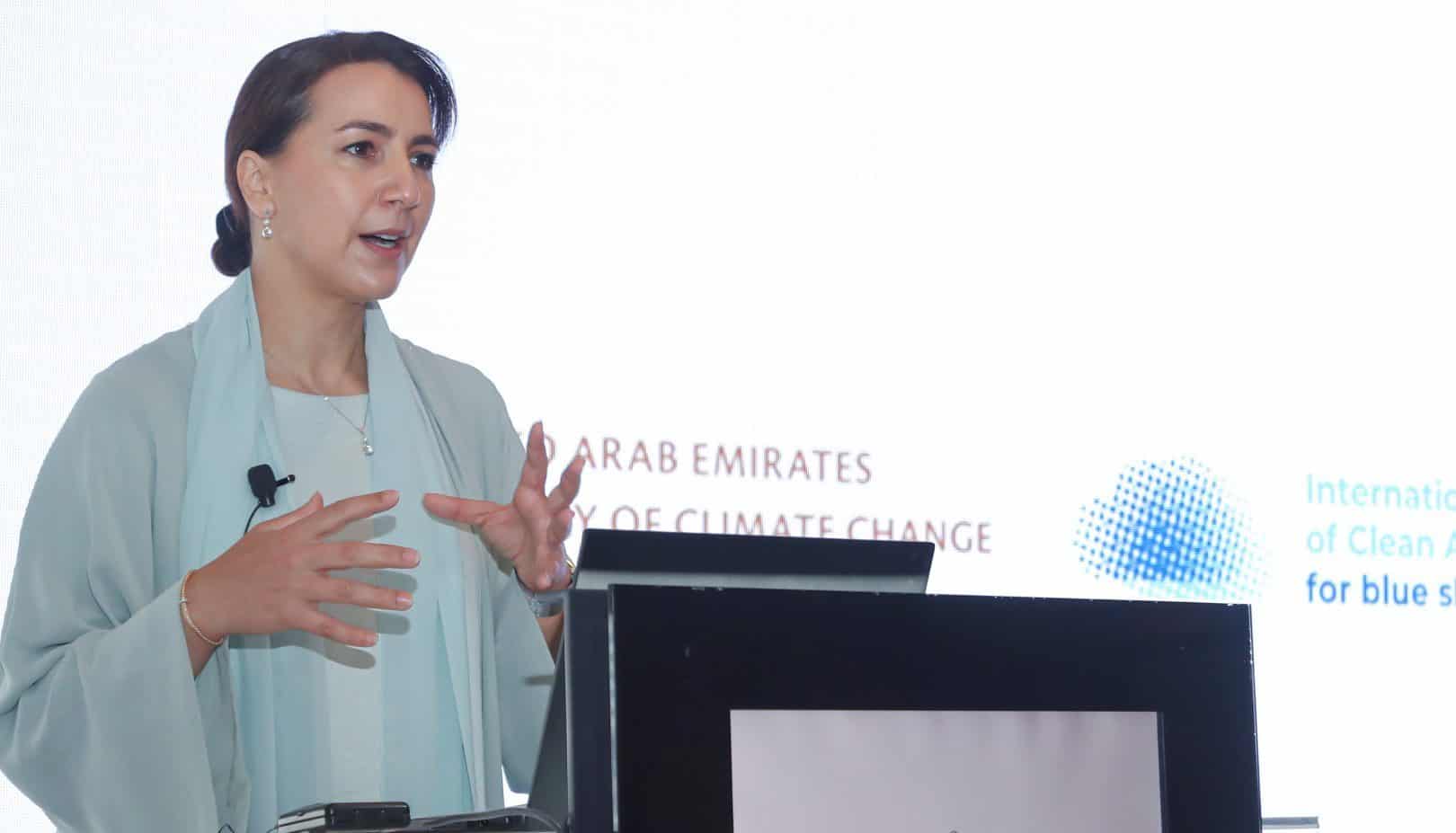The United Arab Emirates ranked first in the GCC countries and 12th overall in the first edition of the Circular Carbon Economy Index, which measures countries’ energy and emissions management and readiness to transition to circular carbon, or net-zero.
Using 47 factors, the index rates 20 countries on a range of criteria related to energy, emissions, and the economy. The index quantifies and compares the existing performances of different countries on various circular carbon economy (CCE) measures and their future potential, energy, and climate policymakers and stakeholders established it.
GCC ranking
The Gulf Cooperation Council (GCC) countries range from the middle of the pack to the bottom of the list in the first edition of the Circular Carbon Economy Index.
The top three countries include Norway, Great Britain, and Germany. In the GCC, Saudi Arabia comes in at 15, while Qatar sits at 16. Comparatively, Oman is ranked 27th, while Kuwait is 20th. The last three are Iraq, Nigeria, and Algeria.
Boost for UAE’s zero emissions plan
The United Arab Emirates (UAE) Climate-Responsible Companies Pledge was introduced by the Ministry of Climate Change and the Environment to increase the participation of the private sector in the UAE’s decarbonization drive.
MEED reported, citing a statement from the UAE Ministry of Climate Change and Environment, that twenty-one companies in the UAE had joined the Climate-Responsible Companies Pledge.
The signatories are members of energy-hungry industries, including steel, cement, and aluminum.
Companies like Beeah, Emerson, Emirates Nature-WWF, Majid Al-Futtaim Group, Standard Chartered Bank, HSBC, Masdar, Emirates Global Aluminium, Emirates Steel Arkan Group, Aldar Properties, Emirates Environmental Group, Strata, Al-Yah Satellite Communications Co. (Yahsat), Chalhoub Group, Pure Harvest, AESG, Taka Solutions, Lafarge Emirates Cement, EY, EV Lab, and TotalEnergie
The companies have committed to implementing measures and reporting their greenhouse gas emissions transparently, creating plans to reduce their carbon emissions, and sharing them with the UAE government to assist the nation reach of net-zero emissions by 2050, according to the report.
More steps to take
All six GCC nations have submitted updated Nationally Determined Contributions (NDCs) under the Paris Agreement detailing their revised medium-term goals for greenhouse gas emissions over the past year.
Saudi Arabia, the UAE, and Bahrain have also announced mid-century net-zero emission targets. At the same time, research released by King Abdullah Petroleum Studies and Research Center (KAPSARC) stated that there is also various potential for the countries to cooperate on common emission targets.
The paper “The Gulf Cooperation Council and the Circular Carbon Economy: Progress and Potential” suggests carbon capture, utilization, and storage (CCUS) and hydrogen exports as examples of such initiatives.
Using the circular carbon economy concept can assist all countries in becoming more ambitious in their climate targets and focused action.
Concerns
Saudi Arabia and the United Arab Emirates, both leaders in reducing net carbon emissions, see a role for oil and gas in getting to net zero.
Although their plans were still in the works, they did not include measures to reduce fossil fuel production or investment in oil and gas.
For this reason, some environmentalists are wary of continuing to produce hydrocarbons and relying on carbon capture technologies to reduce carbon emissions, as they worry that these methods may not be as effective as many claims.
While some were pessimistic, others emphasized the significance of a commitment to a net zero energy strategy from one of the world’s top oil producers.







